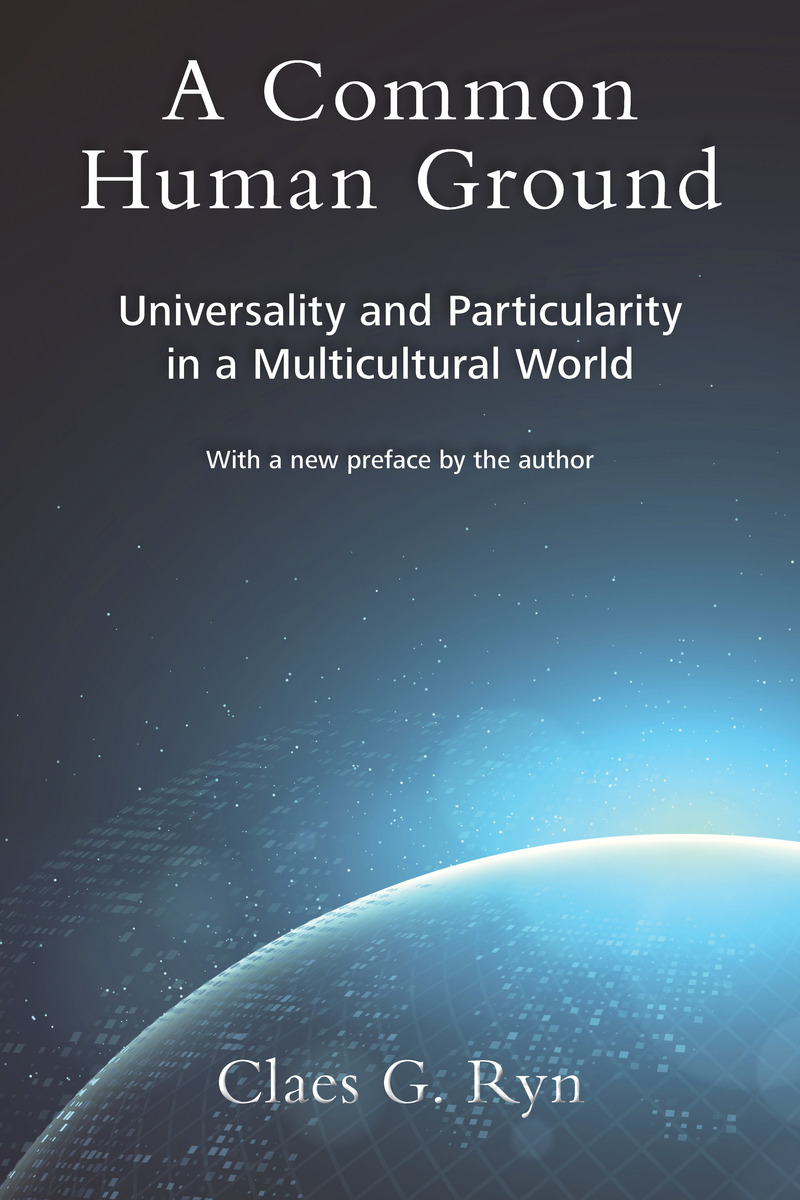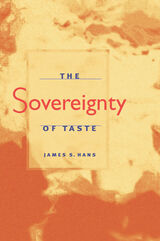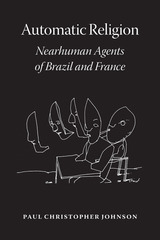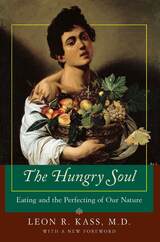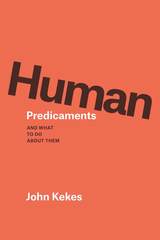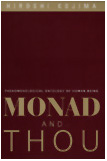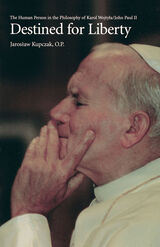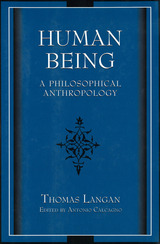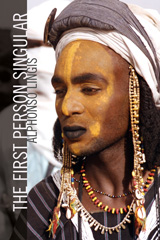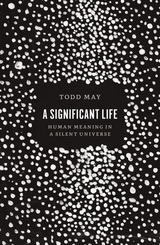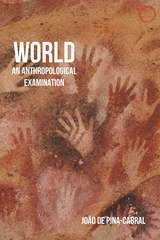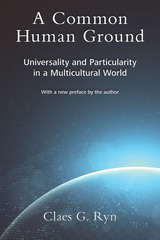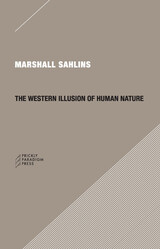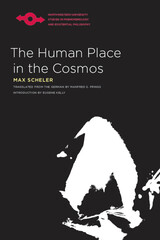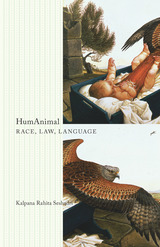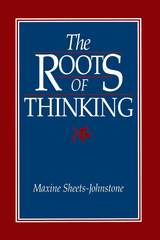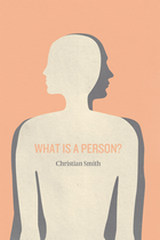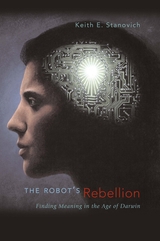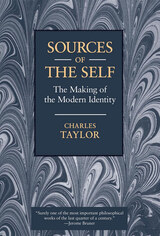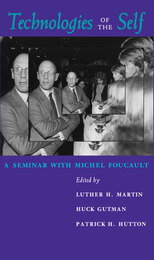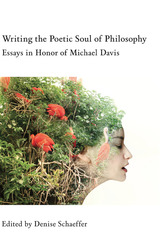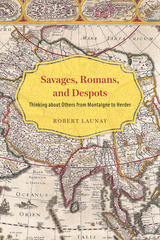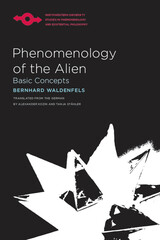A Common Human Ground: Universality and Particularity in a Multicultural World
University of Missouri Press, 2019
Cloth: 978-0-8262-1494-2 | Paper: 978-0-8262-2203-9 | eISBN: 978-0-8262-6454-1
Library of Congress Classification BD450.R96 2003
Dewey Decimal Classification 303.482
Cloth: 978-0-8262-1494-2 | Paper: 978-0-8262-2203-9 | eISBN: 978-0-8262-6454-1
Library of Congress Classification BD450.R96 2003
Dewey Decimal Classification 303.482
ABOUT THIS BOOK | AUTHOR BIOGRAPHY | REVIEWS | TOC | REQUEST ACCESSIBLE FILE
ABOUT THIS BOOK
A great challenge of the twenty-first century is the danger of conflict between persons, peoples, and cultures, among and within societies. In A Common Human Ground, Claes Ryn explores the nature of this problem and sets forth a theory about what is necessary for peaceful relations to be possible.
Many in the Western world trust in “democracy,” “capitalism,” “liberal tolerance,” “scientific progress,” or “general enlightenment” to handle this problem. Although each of these, properly defined, may contribute toward alleviating disputes, Ryn argues that the problem is much more complex and demanding than is usually recognized. He reasons that, most fundamentally, good relations among individuals and nations have moral and cultural preconditions.
What can predispose them to mutual respect and peace? One Western philosophical tradition, for which Plato set the pattern, maintains that the only way to genuine unity is for historical diversity to yield to universality. The implication of this view for a multicultural world would be a peace that requires that cultural distinctiveness be effaced as far as possible and replaced with a universal culture. A very different Western philosophical tradition denies the existence of universality altogether. It is represented today by postmodernist multiculturalism—a view that leaves unanswered the question as to how conflict between diverse groups might be averted.
Ryn questions both of these traditions, arguing for the potential union of universality and particularity. He contends that the two need not be enemies, but in fact need each other. Cultivating individual and national particularities is potentially compatible with strengthening and enriching our common humanity. This volume embraces the notion of universality, while at the same time historicizing it.
Using wide-ranging examples, Ryn presents a firmly sustained and systematic argument centering on this central issue. His approach is interdisciplinary, discussing not only political ideas, but also fiction, drama, and other arts. Scholarly and philosophical, but not specialized, this book will appeal to general readers as well as intellectuals.
See other books on: Multicultural World | Particularity | Philosophical anthropology | Ryn, Claes G. | Universality
See other titles from University of Missouri Press
